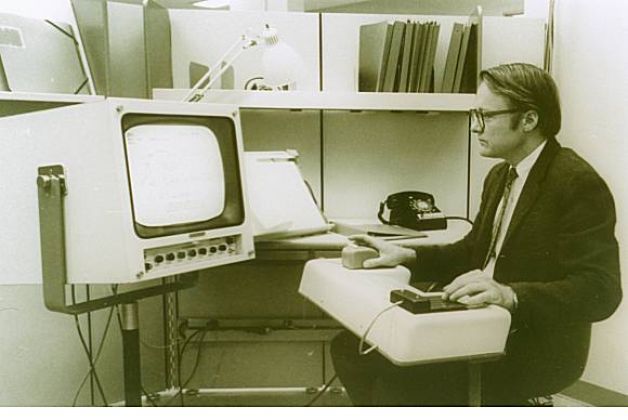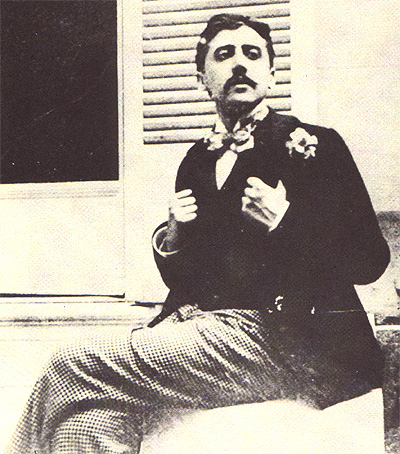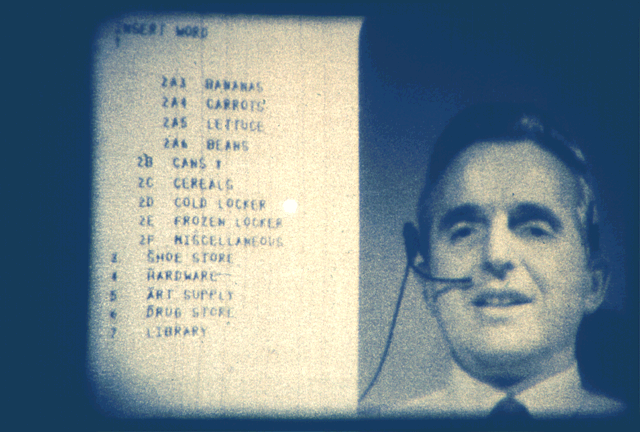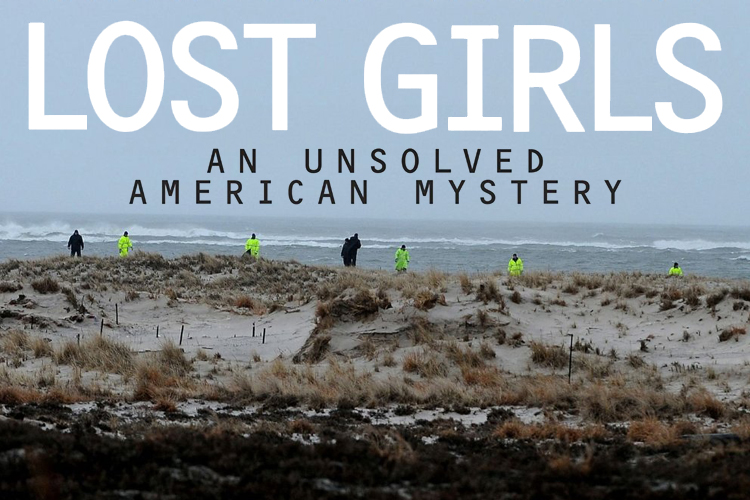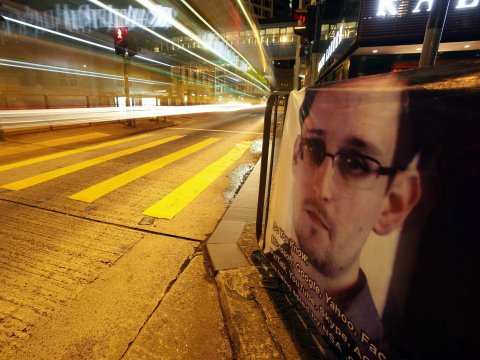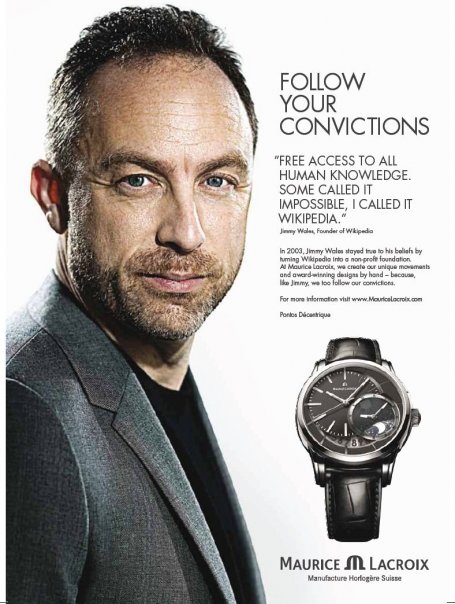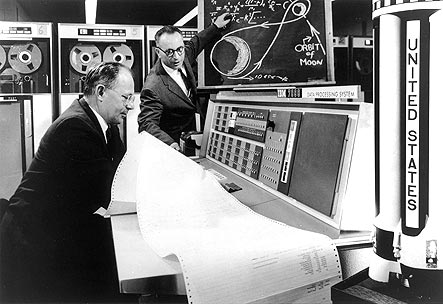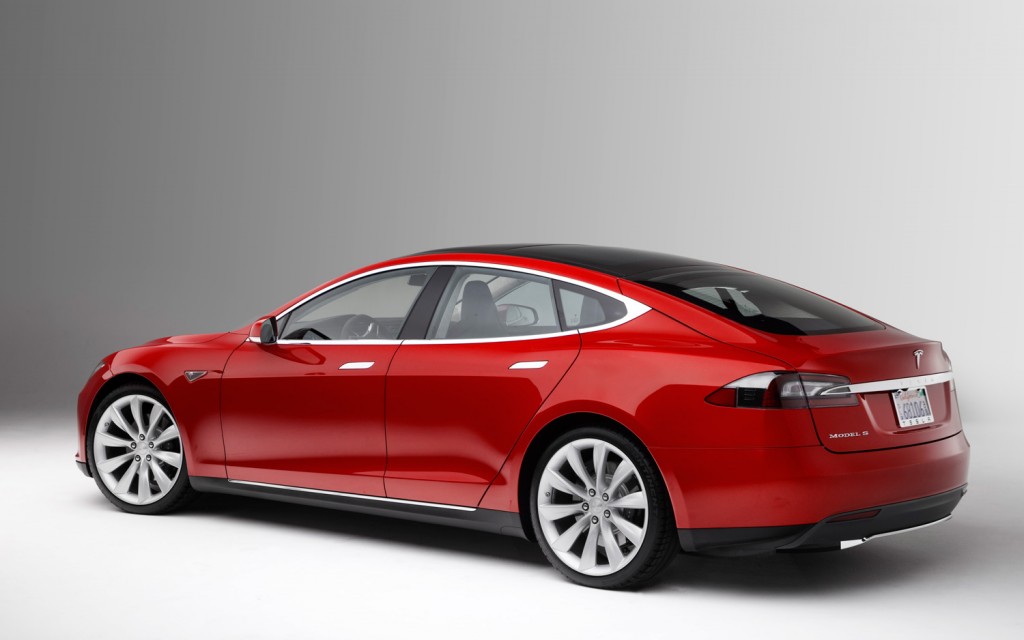
Steve Wozniak made some buzzed-about, revisionist comments about Apple at the “Go Further with Ford” conference last week, which no doubt contained a lot of truth, though as an outsider I can’t agree with it all. He pointed out Jobs’ flaws as a leader in his first go-around at the company and gave more credit to the vilified John Sculley and the forgotten Gil Amelio (who hired ace designer Jonathan Ive). All that’s good.
But I think his diminution of the MacIntosh isn’t particularly fair on some levels. I understand it wasn’t an immediate commercial success nor a perfect machine, but it was, more than any other, the computer that made the general public embrace the coming Digital Age and forget the horrors of working on Honeywells and the like. It showed what was possible even if it didn’t realize all the potential itself.
Another topic the Woz addressed was Tesla’s electric Model S, which he passed on purchasing at last moment, much to the consternation of Elon Musk. An excerpt from the Verge:
“Question:
So give me thoughts on the Model S…specifically, I’m wondering about your thoughts on the center console.
Steve Wozniak:
Yes. To me, you know, it’s not horrible. If you take it into account, you can use it. I’m good for it. But for most people, I have so much trouble in a car, driving with touchscreens, that I worry about people trying to access the screen while they’re driving. I worry about that a lot, and I don’t think it’s that attractive. It’s not unattractive — not totally ugly at least — but the controls in the Mercedes are so ergonomic, they fit your hand, you never have to look at them, you can feel where your hand is. So I do have a reservation about that, but not enough to turn me off. I think it’s a great car, I think it’s the first electric car that was worth anything. I look at it as, all the electric cars so far have been very tiny so they get better mileage on smaller batteries, you know, they can go 30 miles… or they were sports cars. Well, this is the first one, it’s a luxury car, a big sedan that fits five people comfortably. Well, my gosh, those are the people that are going out and buying $100,000 Mercedes already, so a $100,000 car… money doesn’t matter. The fact that $40,000 is batteries, they don’t see it as much.
So I think they found the right market niche that might be permanent, might be enough to keep a company sustained. And the next step is to bring it to a lower-priced market. And the idea of the replaceable batteries means you buy your battery per mile. You lease the battery, you don’t own it. You only buy the car. That’s a step that’ll appease the other crowd. Luxury guys, I think, really want to own their own battery and don’t even want to swap it with somebody else’s — they want to know what they got.
But it is a problem because you do have to pay now for the battery, and you have to pay for the electricity. As opposed to, you know, just gasoline. So it’s going to probably be more expensive per mile that way, and the economic factor might come into play. But that makes me think, you know, just driving into this building, we passed Ford’s fuel cell research division and I thought, oh my gosh! The words we heard last night from [Ford CEO Alan Mulally] … he mentioned fuel cells, he mentioned electric vehicles. Well, those two go together perfectly. You have to lose energy if you know physics, but it transfers so efficiently to the wheels, that’s why it can still make sense economically. And then you don’t have to carry this huge weight of batteries and the huge cost of the batteries. There are different problems with that one, though.
You know, we keep trying to find the way to clean energy … I’m not smarter than all the people who work on it and research it and the scientists and the people and the laboratories, so it’s not like one person can have this beautiful vision nobody else has. It’s been a struggle my entire life to make better batteries, and all we ever really came up with was lithium ion. That was about it.”



